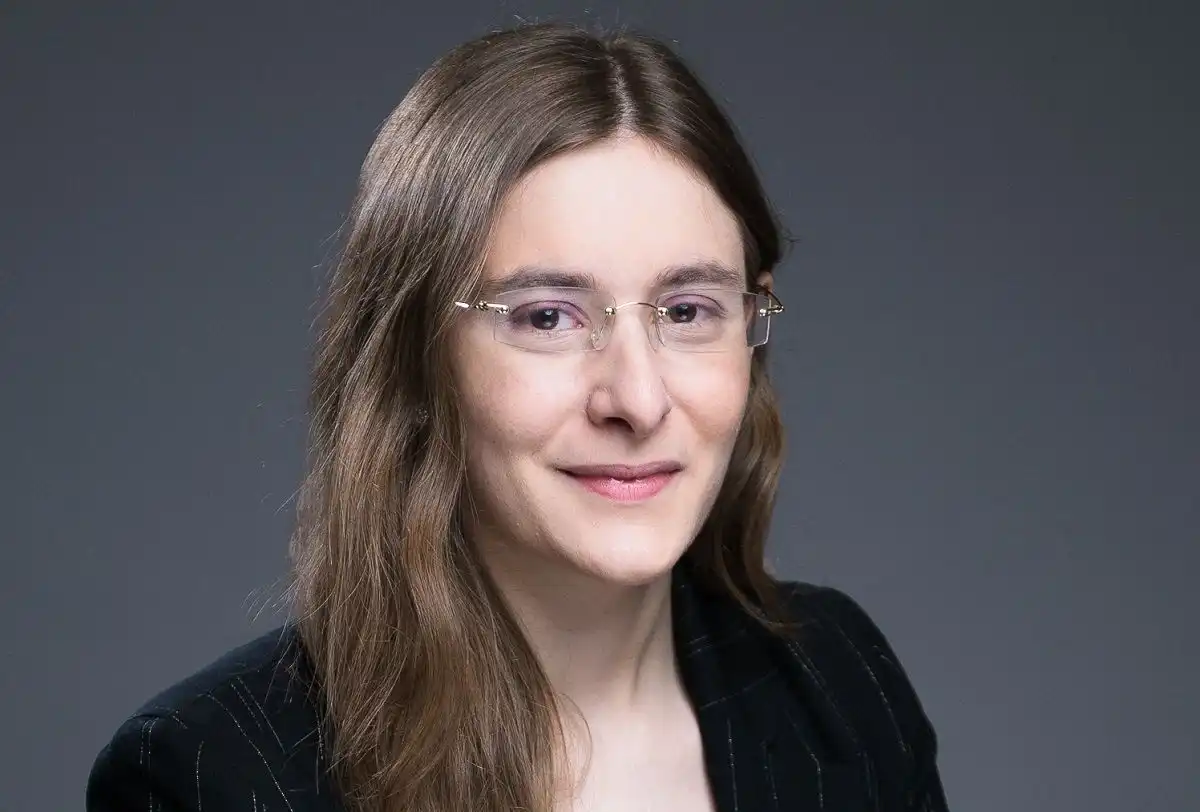Home>Marie-Alice Moreau, Class of 2015
04.06.2024
Marie-Alice Moreau, Class of 2015
Can you describe your academic and professional path ?
I joined Sciences Po at the bachelor's level, where I had the opportunity to do a dual degree with Pierre et Marie Curie University in Life Sciences. I was keen to continue studying the sciences, and more specifically life sciences and ecology, in order to gain a better understanding of the experts' views, particularly on climate change. After a year's exchange at the National University of Singapore, I went on to do a dual master's degree with HEC in Corporate and Public Management.
During my two Masters internships, one at EDF in nuclear power plant project finance for international clients and the other in public sector and European institution consultancy in Luxembourg at PwC, I had the opportunity to refine my career plans and eventually decide to go into auditing. After an end-of-study traineeship at the Inspectorate General of the Banque de France, I finally joined this institution via the competitive entrance examination for senior managers. During my eight and a half years of professional experience, I passed the internal competitive examination for Inspector of the Banque de France, which gave me the opportunity to head up on-site banking control missions for credit institutions and internal audit missions for the Banque de France. I also spent two years on secondment at the European Central Bank and I am currently on secondment in Singapore at the Banque de France's representative office. I am more particularly specialised in banking prudential credit risks and climate and environmental risks.
What were the major stages in the construction of your career plan?
I explored various options, as I have a natural curiosity that makes me interested in everything.
However, I would say that a career plan is built first and foremost through meetings and discussions with your peers and members of the Alumni Network. That's why you need to cultivate it as early as possible. When I met them, I quickly realised that I was more suited to the control professions because of my skills and abilities. So I naturally considered joining the Inspectorate General of a commercial bank, as this type of position offers continuous professional training and enables you to acquire a transversal vision.
I also think that a career plan is also built through gap year internships in that they allow you to know what you want to do and what you don't want to do. I think that my two internships at EDF and PwC showed me that I wouldn't thrive in the world of private enterprise, even if it was predominantly state-run like EDF, or in the world of consulting.
Conversely, during my internship at the Banque de France, I fully embraced its corporate culture, which reflected my values. I had the opportunity to give meaning to my work, while at the same time carrying out prudential supervision of credit institutions. Finally, the possibility of going on detachment to European and international institutions meant that I was continually intellectually stimulated by different environments and new challenges.
What are the main features of your current job ?
As a Banque de France inspector, I carry out on-site inspections at credit institutions. It's a demanding job, where you have to start from scratch for each assignment in an environment that is sometimes hostile to your arrival. It requires stamina, great relational skills, a strong desire to work in tight teams in project mode to tight deadlines, a high level of technical expertise, but above all a great deal of humility and a high level of perspective to ensure that banks cover their prudential risks.
As a break from my work as an Inspector, I have been seconded for six months to the Banque de France's representative office in Singapore, where my work focuses on economic intelligence and cooperation with central banks in the Asia-Pacific region.
How has your training at the School of Public Affairs, and more specifically in the Corporate and Public Management dual degree with HEC, contributed to the position you hold today ?
The courses in public affairs offered by Sciences Po and HEC are highly complementary in a number of ways. They give you practical tools, a basic foundation of theoretical knowledge, but also points of reference and a logic of analysis that enable you to navigate easily in different environments. The two schools each have a strong but distinct identity. It may seem obvious, but our academic environment structures the way we approach our relationship with work and our reasoning. What is less obvious is that our academic background also shapes our relationship with others. So the more familiar you are with a diversity of profiles or situations, the more adaptable you will be, which is a quality that is always in demand in the professional world.
Would you have any advice for a student or future graduate?
To remain curious, open to opportunities even if they don't seem obvious at first glance, and to spare no effort to achieve your goals, because as the financial adage goes, there is no free lunch.
